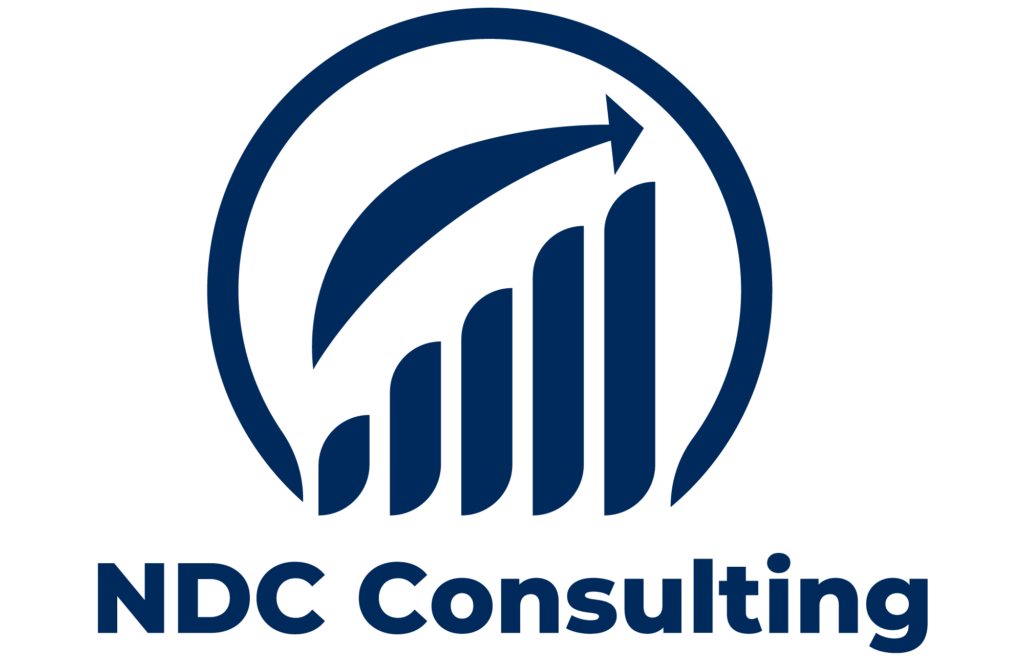Maintaining compliance with all of the regulations in the quickly changing healthcare sector can be very challenging. Healthcare organizations have legal obligations to comply with such as the False Claims Act the Stark Law and the Health Insurance Portability and Accountability Act (HIPAA). These guidelines are meant to protect moral conduct lessen fraud and protect patient privacy. The intricacy and regular updates of these guidelines however may prove daunting for even the most morally upright companies. Here’s where Compliance as a Service (CaaS) enters the picture offering a tactical fix to healthcare organizations. Lets look at the reasons why outsourcing compliance may be the way of the future for healthcare organizations.

The Growing Complexity of Healthcare Compliance
Laws concerning healthcare are dynamic ever-changing and getting more complex over time. Maintaining awareness of these developments calls for specialized knowledge and ongoing focus. Devoting internal resources to compliance can be difficult and costly for many healthcare organizations especially the smaller ones. By outsourcing their compliance requirements these businesses can gain from the expertise of specialized organizations that are current on the most recent modifications to regulations.
The Benefits of Outsourcing Compliance
- Access to Specialized Knowledge: The experts who offer outsourced compliance services are specialists in healthcare regulations. These experts can offer direction and perspectives that may not be easily obtained from the inside out. By staying up to date on the most recent changes to laws and regulations they make sure the business remains compliant.
- Cost-Effectiveness: Hiring and preparing a team for internal compliance may be challenging. Outsourcing compliance can save costs because it eliminates full-time staff and related overhead. This is very helpful for smaller healthcare companies that struggle to find enough funding for a dedicated compliance team.
- Enhanced Efficiency: Procedures being made simpler and duplication being avoided by compliance firms with expertise may lead to more efficient compliance management. Using contemporary technology and instruments they keep an eye on compliance activities to ensure that all aspects of the company are compliant with the law.
- Risk Reduction: Healthcare companies can lower their risk of non-compliance and its associated consequences by leveraging the expertise of compliance specialists. These businesses routinely audit and examine their operations in order to pinpoint easily accessible non-compliance areas and promptly implement corrective measures.
- Better Training Programs: Employee knowledge and adherence to regulations are guaranteed by the superior training programs provided by outsourced compliance services. These programs which are tailored to the particular needs of the business cover every pertinent facet of healthcare compliance.
Real-World Applications
Some healthcare companies have found success with the deployment of outsourced compliance services. For example a medium-sized hospital reached out to an outside company for assistance with HIPAA compliance. Improved adherence and a decreased probability of infractions resulted from the company’s comprehensive risk analysis thoughtful policy execution and continuous training.
An additional illustration would be a healthcare provider network that outsourced its compliance management to a specialized business. Staff training frequent inspections and policy changes were all part of the extensive compliance program that the company implemented. The network experienced a marked decrease in compliance-related issues as a result and overall operational effectiveness rose.
The Future of Compliance as a Service
As healthcare regulations advance there will likely be a greater demand for specialized compliance services. By outsourcing compliance healthcare organizations can focus on their main objective of providing high-quality care while remaining compliant wi l applicable regulations. With the benefits of lower expenses simpler access to information and enhanced efficacy Compliance as a Service will become increasingly important in healthcare management.
Conclusion
In conclusion outsourcing compliance can give healthcare organizations a competitive advantage. Healthcare providers can outsource compliance to specialized firms to safely navigate the complex regulatory environment. This enables them to maintain compliance and concentrate on offering excellent patient care. As the healthcare industry continues to grow Compliance as a Service will become increasingly important in helping organizations ensure compliance and meet their operational goals.

